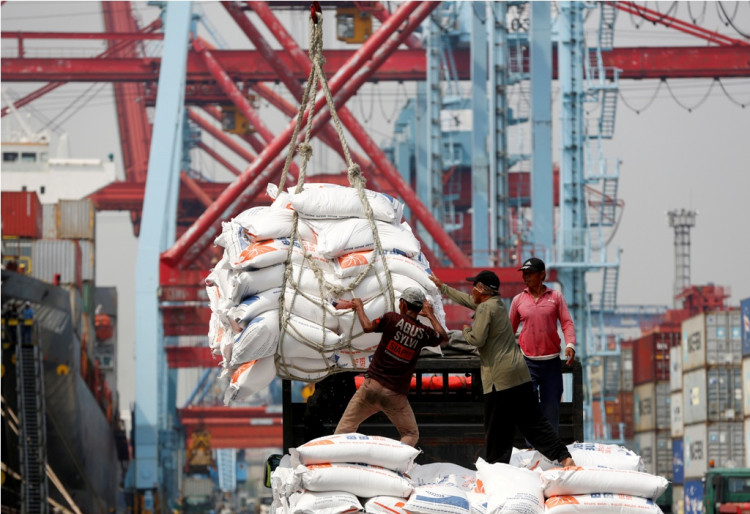During the recently-concluded ASEAN Finance Ministers' and Central Bank Governors' Meeting held in Chiang Rai, Thailand, leaders deliberated on the improvement of customs cooperation by rolling out a paperless customs-transit system for member nations.
According to The Nation, ASEAN ministers and governors agreed that a new and more efficient system will help boost trade and investment among member countries in the region. Furthermore, ASEAN countries with border areas such as Thailand and Cambodia will benefit greatly from the new system.
Before the meeting was concluded, ASEAN leaders came up with the ASEAN Single Window (ASW) initiative, a project that aims to reduce logistics costs for bordering member countries. Through the trade project, border customs checkpoints will allow for easier access and productivity in both private and public sectors is expected to improve.
"Five or six countries have developed their own national single window and are ready to link with other Asian members. We expect all countries to participate in the ASW by the end of this year," Thai Finance Minister, Apisak Tantivorawong, said after the meeting.
Since last week's meeting, it has been confirmed that Myanmar and Cambodia are preparing to link to the window within this year. Laos may face some delays but Thailand said it will support the country throughout the process.
Aside from implementing a paperless customs-transit system, Thai ministers and its neighboring counterparts discussed ways to reduce time and logistics costs by combining customs inspections. The countries agreed that it will be more efficient to hold inspections from both importing and exporting points.
Another topic that was raised by Thailand during the ASEAN meeting was the adoption of QR-code payment systems. Currently, the country uses this system to link bank accounts to users' phone numbers so consumers can apply financial transactions using mobile.
According to Apisak, Laos, Indonesia, and Cambodia have expressed interest in the recommendation while executives of China's online retail giant, Alibaba Group, said they want to use the Thai QR code. Discussions regarding this project will be forwarded to the Bank of Thailand as soon as possible.
Meanwhile, ASEAN Secretary-General Lim Jock Hoi recently predicted that the much-anticipated Regional Comprehensive Economic Partnership (RCEP) deal will be concluded later this year. According to the Japan Times, Lim is expecting a conclusion to the Asia-wide free trade deal at the Association of Southeast Asian Nations in November.
The RCEP involves all ASEAN member countries and six other Asian nations. It seeks lighter customs and trade processing between countries under the deal that will make it one of the world's largest and most accessible free trade zones.






